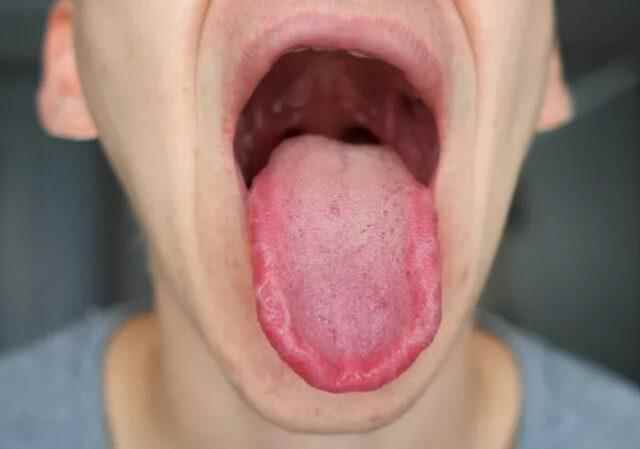The mouth is an area where bacteria can easily grow and enter our body through saliva. When germs enter the blood and enter the heart, vulnerable valves can become infected. Some applications for oral cleaning can give fatal results to the heart.
LANGUAGE SCRAGING CAN CAUSE SERIOUS CONSEQUENCES
The journal Emerging Infectious Diseases made the following statement: “Tongue scraping is used to control bad breath and prevent dental caries by reducing the number of bacteria in the mouth. But ignoring tongue scraping and other oral hygiene practices can pave the way for serious health complications such as heart disease and cancer.
BACTERIA OCCURRED DUE TO THE TOOTHER WHICH HE WANTED FROM THE PHARMACY

However, oral hygiene practices may also require some attention as they can provide a gateway for infection. In 2007, the journal Emerging Infectious Diseases reported a 59-year-old case who experienced the onset of intense malaise, fever, sweating, myalgia, and headache. “Two months ago he had started cleaning his tongue with a plastic tongue scraper he had bought at his local pharmacy,” the report says. Doctors suggested that the patient’s endocarditis was most likely caused by a bacterium from tongue scraping.
TOOTH BRUSHING IS NO BIG PROBLEM
“The link between the oral flora and endocarditis (inflammation of the heart valves) has been known for a long time. There are many patients who have had endocarditis after tongue piercing,” they said. Interestingly, bacteria caused by routine toothbrushing do not appear to be clinically important in the development of endocarditis. This may be because the bacteria that enter the bloodstream with brushing may be smaller than with more extreme applications such as tooth extraction.
PEOPLE WITH HEART DISEASE ARE HIGH RISK
“People with abnormal heart valves and intravascular devices such as pacemakers may be particularly at risk,” the authors explained. “Patients with preexisting infective endocarditis and high-risk heart valve defects should be informed that the use of tongue scrapers is not prudent.”

According to the NHS, endocarditis is a rare and “potentially fatal infection of the inner lining of the heart. The health agency adds: “It is most commonly caused by bacteria that enter the blood and travel to the heart.” may enter the bloodstream.
